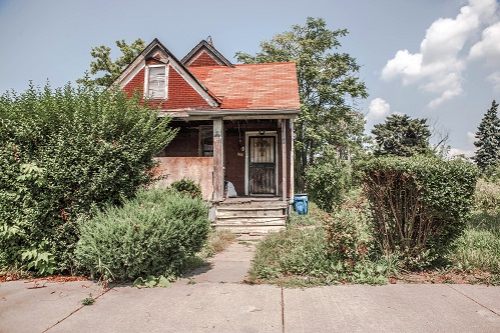What does renters insurance cover?
A typical renters insurance policy covers three main areas providing financial protection for tenants living in rented properties. They are - personal property, liability, and additional living expenses.
- Personal property: protects your belongings from unexpected events like fire, theft, vandalism, or certain natural disasters. This includes items such as furniture, electronics, clothing, and appliances. If your possessions are damaged, destroyed, or stolen, your policy can help cover the cost of repair or replacement up to the policy's limits. Renters insurance companies often offer between $20,000 and $60,000 in personal property coverage, though you can also get much lower limits.
- Liability coverage: protects you financially if someone is injured while on your rented property or if you accidentally damage someone else's property. For instance, if a guest slips and falls in your apartment and sues you for medical expenses, liability coverage can help cover legal fees, medical bills, and settlement costs up to the policy's limits if you are found responsible. You can choose a personal liability limit between $100,000 and $500,000. Experts recommend to have at least $300,000. Having that much protects you up to that limit if you’re sued. If you have assets that exceed $500,000, you can get an umbrella policy. Umbrella insurance provides added asset protection that can reach $5 million and beyond.
- Additional living expenses: Also called the loss of use coverage, the additional living expenses coverage covers you if your rental unit becomes uninhabitable due to a covered loss, such as fire or storm damage. It helps cover the costs of temporary accommodation, like hotel bills or rental expenses, and other necessary living expenses, such as food and laundry until your home is repaired or replaced. However, the policy covers you for additional living expenses for a limited time only. Check your policy to find out how long you're reimbursed.
It's important to note that renters insurance does not cover certain events like floods or earthquakes. However, you can usually purchase separate policies or add-ons for such risks if needed.
What other things does renters insurance cover?
Renters insurance can also include other coverages and policy add-ons. Here are a few of them:
- Spoiled food - You lose power after a covered peril, such as a storm. Renters insurance often covers you for the items spoiled in the fridge.
- Credit card or financial fraud - Renters insurance can help you if someone steals your identity and charges thousands on your credit card.
- Stored items - Living in an apartment means you may have to keep some of your belongings elsewhere. Renters insurance policies may cover those possessions even when they’re not in the apartment, including the storage unit.
- Removing debris - A renters insurance policy may help with costs associated with damage from a covered peril.
What does renters insurance not cover?
Renters coverage also only covers what’s listed as a covered peril. Here are issues usually not considered a covered peril:
- Flooding from outside the apartment
- High-price items that exceed your policy limit
- Earthquakes
- Bedbugs
- Pest damage
Make sure to look at your renters insurance policy’s covered perils. That list tells you what’s covered. Anything that’s not listed isn’t covered by your renters insurance.
FAQ: Home insurance
Does renters insurance cover broken windows?
Renters insurance doesn’t typically cover broken windows. Instead, a landlord’s policy should cover the broken window. However, a renters insurance policy may cover you to stay somewhere else until the window is replaced and you can return home. If you break another person’s window, renters insurance covers you through the personal liability portion of your renters policy.
Does renters insurance cover accidental damage?
Renters insurance doesn't usually cover accidental damage to your apartment. Instead, the landlord’s policy covers that damage.
On the other hand, if your personal belongings get damaged or destroyed in the process, your renters insurance policy’s personal property portion may reimburse you.
Does a renters insurance policy cover fire damage?
Fire damage is typically covered by renters insurance. Renters insurance covers:
- Fires started accidentally in your home
- Fire damage from outside your home
- Mandatory evacuations in your area
- Smoke damage
- Fires started by natural disasters




